Being prepared and ready for worse-case scenarios can make all the difference if a disaster or emergency were to ever happen.

While many of us know that keeping an emergency supply of medical supplies, food and water on hand is a good idea, many don’t realize that keeping an emergency supply of cash on hand is important too.
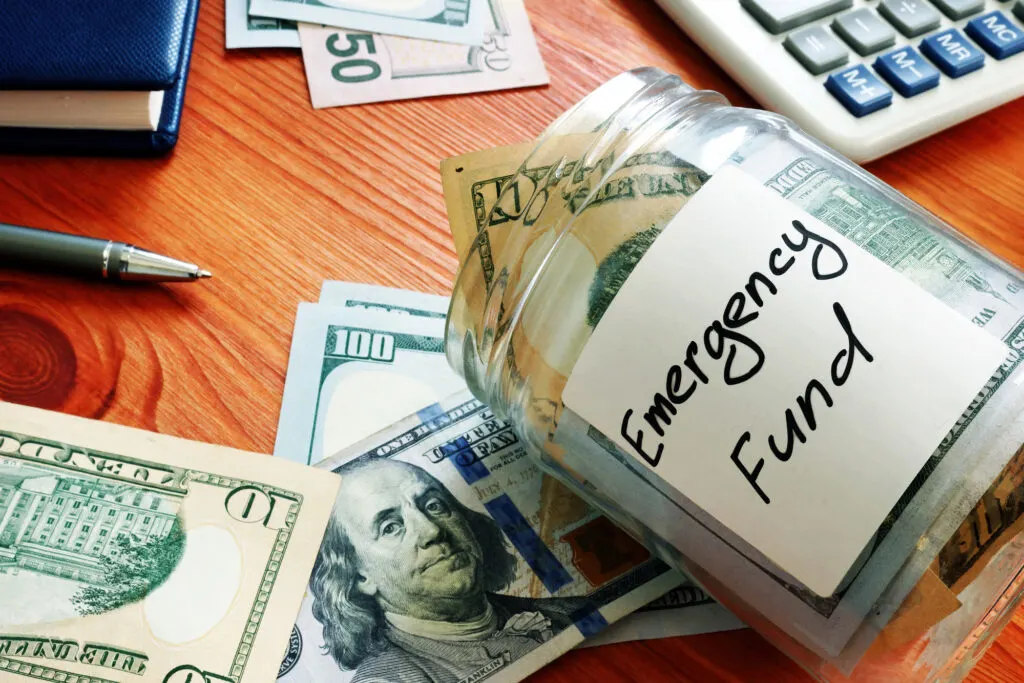
In fact, according to financial experts, there is a certain amount of cash you should always keep on hand for very specific scenarios like times when a National Emergency may happen. This is called a national emergency fund.
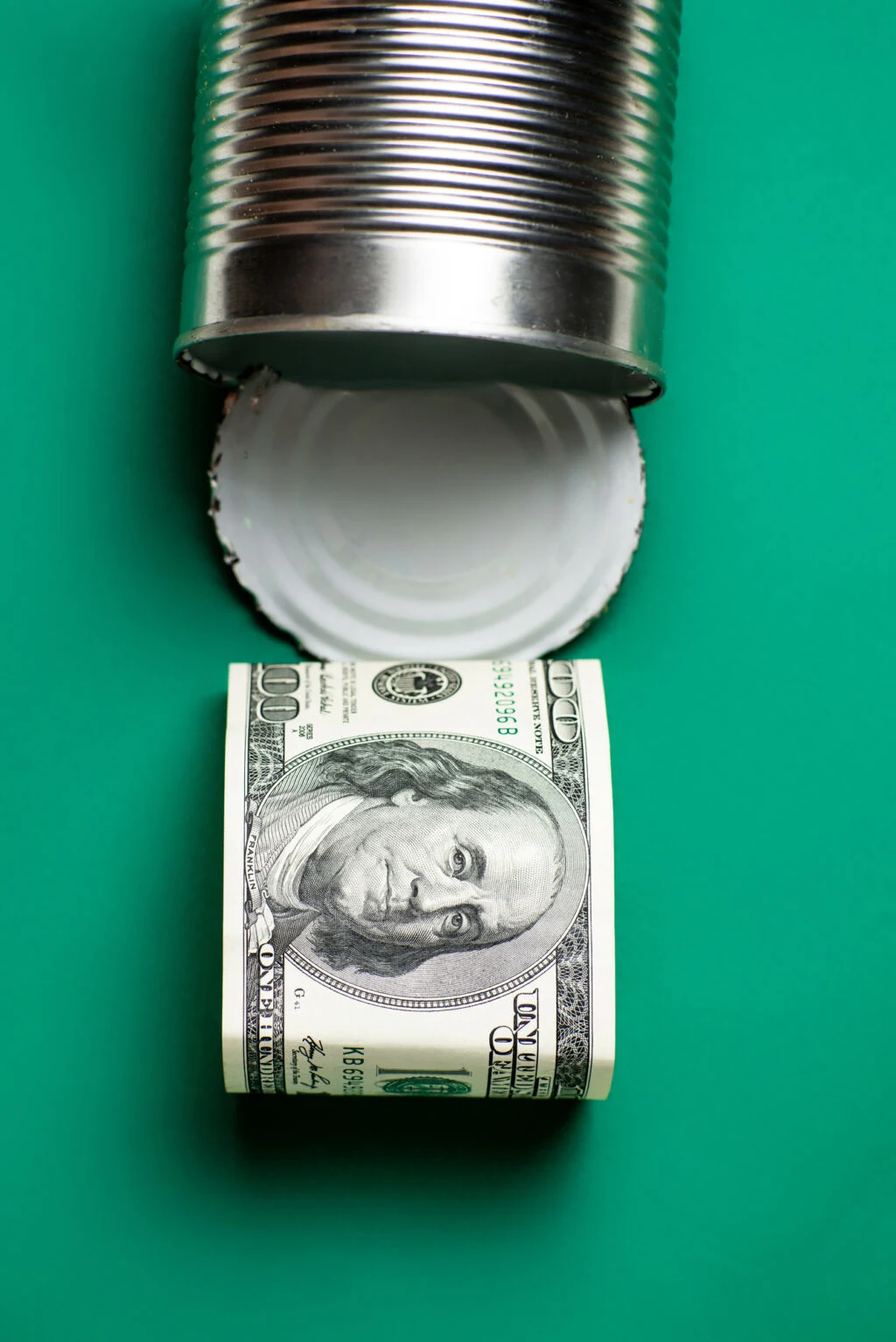
What is a National Emergency Fund?
A national emergency fund (also known as a rainy day fund crisis fund) is a savings fund with money that is specifically set aside for times during a national emergency or other major crisis. This money is set aside in cash and stored in a safe place until it is needed.
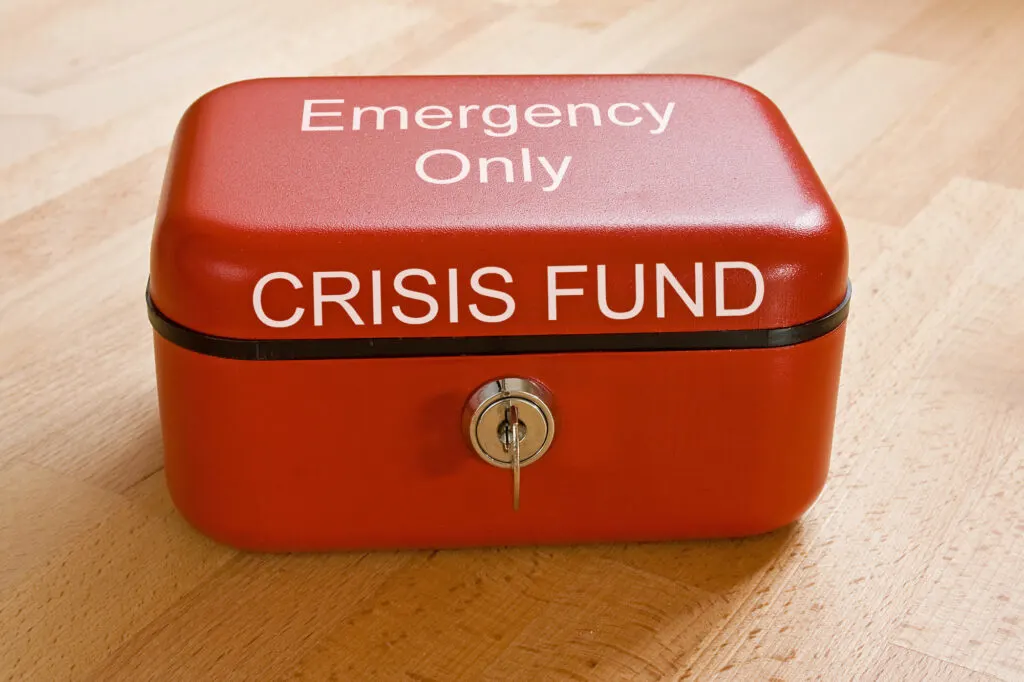
Why You Need a National Emergency Fund
A national emergency fund is important to have during times when the electrical grid (power) may go out causing all electronic banking to stop working.
Think of it this way – what if there were to be a massive storm or natural disaster near you and the power was out and only cash was being accepted for supplies, would you have enough to cover those expenses?

“Whether it’s Mother Nature or some other disaster out of your control, you always want to be prepared by having some emergency cash on hand,”
“Banks and ATMs may not be up and running for days after a strong storm. I recommend my clients have three to five days’ worth of spending money, just in case.”
Annalee Leonard, an investment advisor representative and president of Mainstay Financial Group.
Where to Store Your National Emergency Fund
Just like with any cash you keep on hand, you will want to store your national emergency fund somewhere that it is quickly accessible but also safe. A waterproof and fireproof safe is a great option. Just be sure to keep the keys or code handy. You can also store additional important documents such as passports, birth certificates, social security cards, etc. inside it as well.

How Much Cash You Should Keep on Hand at All Times
When it comes to deciding how much you should save in your emergency fund, you need to ask yourself – how much would things likely cost during a crisis and how much can I afford to save?
Now, according to financial experts, there does seem to be a magic number for saving…
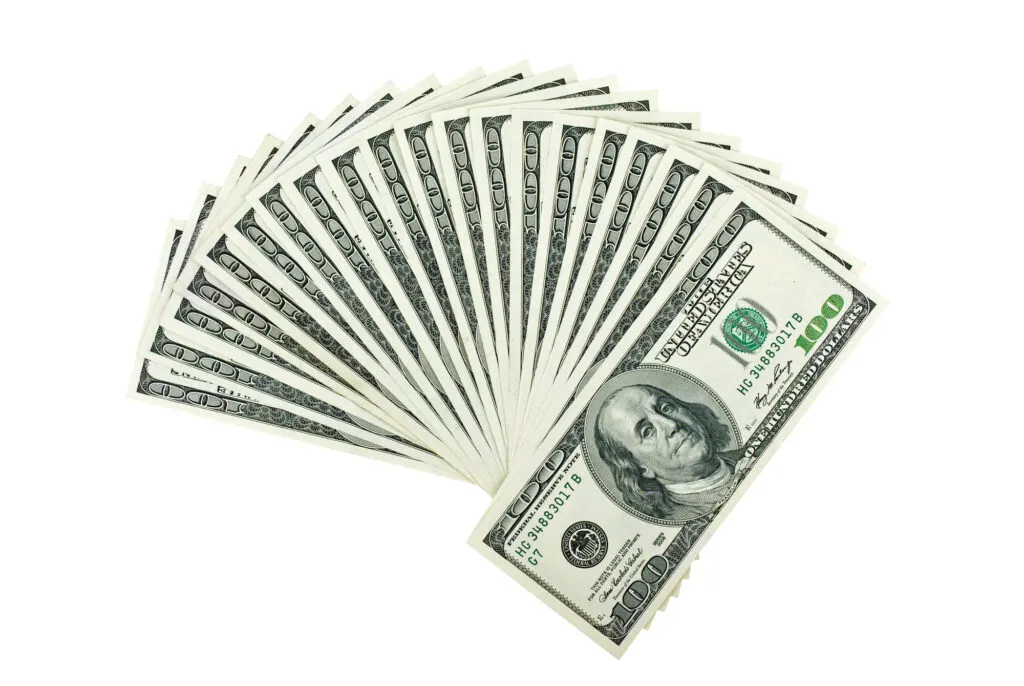
$2,000 is a good goal to aim for.
“The rule of thumb I advise my clients is to keep $1,000 to $2,000 in cash in case banking operations are shut down due to a national emergency or catastrophe,”
Gregory Brinkman, president of Brinkman Financial in Tulsa, Oklahoma.

So, if you are looking to be prepared, have a pile of cash ready for a rainy day, start figuring out how you can work towards that $2,000 savings goal. Starting with a budget or using a money savings challenge is a great way to start.
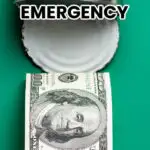
watchfuleye
Saturday 11th of March 2023
Also consider keeping this in smaller denominations ($20's vs $100's) as it may be difficult to break larger bills.
Tia Beal
Friday 10th of March 2023
Thank you so much. I’m going go try as many of these saving challenges bas I can for myself and my family. ! This is a blessing.